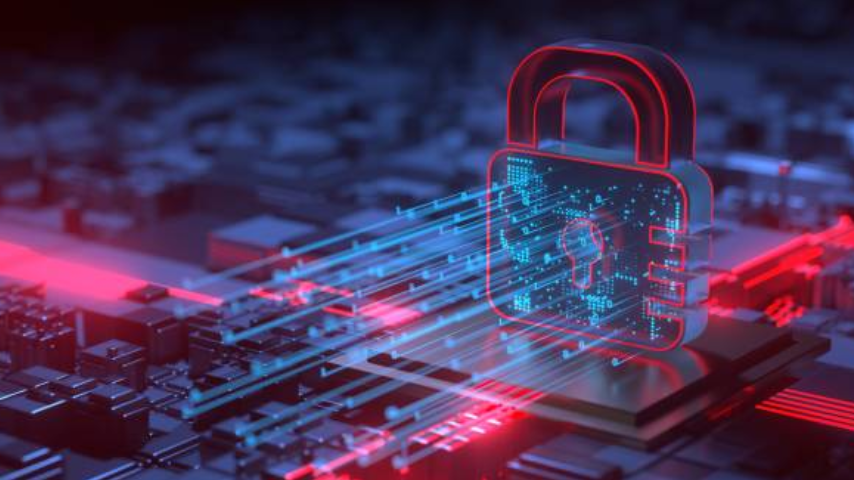Thanks to advancements in technology, more businesses are online than ever before. This means that companies store a lot more of their customers’ sensitive information on their systems — and these systems need to be protected. In addition, businesses also have a lot of their own data that must be kept secure. This is where it becomes essential to have a robust SAP security strategy in place. Having SAP security measures in place plays a crucial role in preventing unauthorised access to sensitive information stored by the organisation. But what exactly is SAP security, and what are the important areas businesses should focus on to ensure the security of their SAP environment?
What is SAP security?
SAP security refers to the measures and protocols put in place to protect SAP software systems and data from unauthorized access, misuse, or damage. SAP is a leading enterprise resource planning (ERP) software used by organizations to manage various aspects of their business operations, such as finance, human resources, supply chain, and customer relations
For a business to protect its sensitive information, SAP servers must be secure so that the company is not vulnerable to cyber attacks attempting to gain access to unauthorised information.
Why is SAP Security Important?
Although advancements in technology have allowed businesses to grow faster than ever before, it has also increased the number of cyber attacks that have taken place by individuals trying to gain access to sensitive information for personal gain. A recent study showed that 66% of business executives feel the number of cyber attacks is increasing globally, which demonstrates how much of a problem issues around online security of businesses are.
Ensuring effective SAP security tools are implemented will assist in preventing fraud and exploitation, ensure data integrity, track unauthorised access, produce automated and continuous audits, detect data leaks, and centralise security monitoring. This makes it much easier to spot suspicious behaviour and reduce the harm done to businesses through malicious cyber attacks.
Cyber attacks have been shown to cause extremely devasting effects for businesses and can significantly impact the business’s operations. This can lead to significant financial losses and harm the business’s reputation, affecting its image. This can also damage the business’s supply chain operations, which can negatively impact a company’s growth and profits.
How Does SAP Security Work?
SAP security involves a range of practices and technologies designed to ensure the confidentiality, integrity, and availability of SAP systems and data. Some key areas of consideration for SAP security include:
Roles and Authorization
SAP systems provide important authorisation to specific personnel so that only people who should be able to access sensitive information can. This helps reduce the chance of data leaks, which can negatively impact a business’s growth.
Patch Management
Businesses must regularly update their systems to be as protected against cyber attacks as possible. This means taking the necessary time to update patches in the system so that any exploitable vulnerabilities are detected.
Transaction Monitoring
SAP systems also allow businesses to monitor functional modules and important transactions. This again plays into the importance of authorisation and restricting the amount of transactions that take place. Businesses can continuously monitor the transactions executed in real-time. It is also crucial that any external access to SAP is also monitored and logged.
SAP Code Security
SAP code is an essential component that allows everything to run smoothly. One of the ways in which cyber-attacks can happen is through code injection, which can be executed at runtime. However, SAP makes use what is known as a code inspector, which is capable of checking the coding to ensure there is no malicious content that could make the system vulnerable to attacks.
Conclusion
Overall, whether a business makes use of SAP or other ERP software solutions to manage their day-to-day business activities, it is essential for businesses to prioritize the security of their IT systems. Having robust security measures in place is essential in the digital age and will ensure a business is prepared against cyber attacks that could harm their growth and reduce profits.







